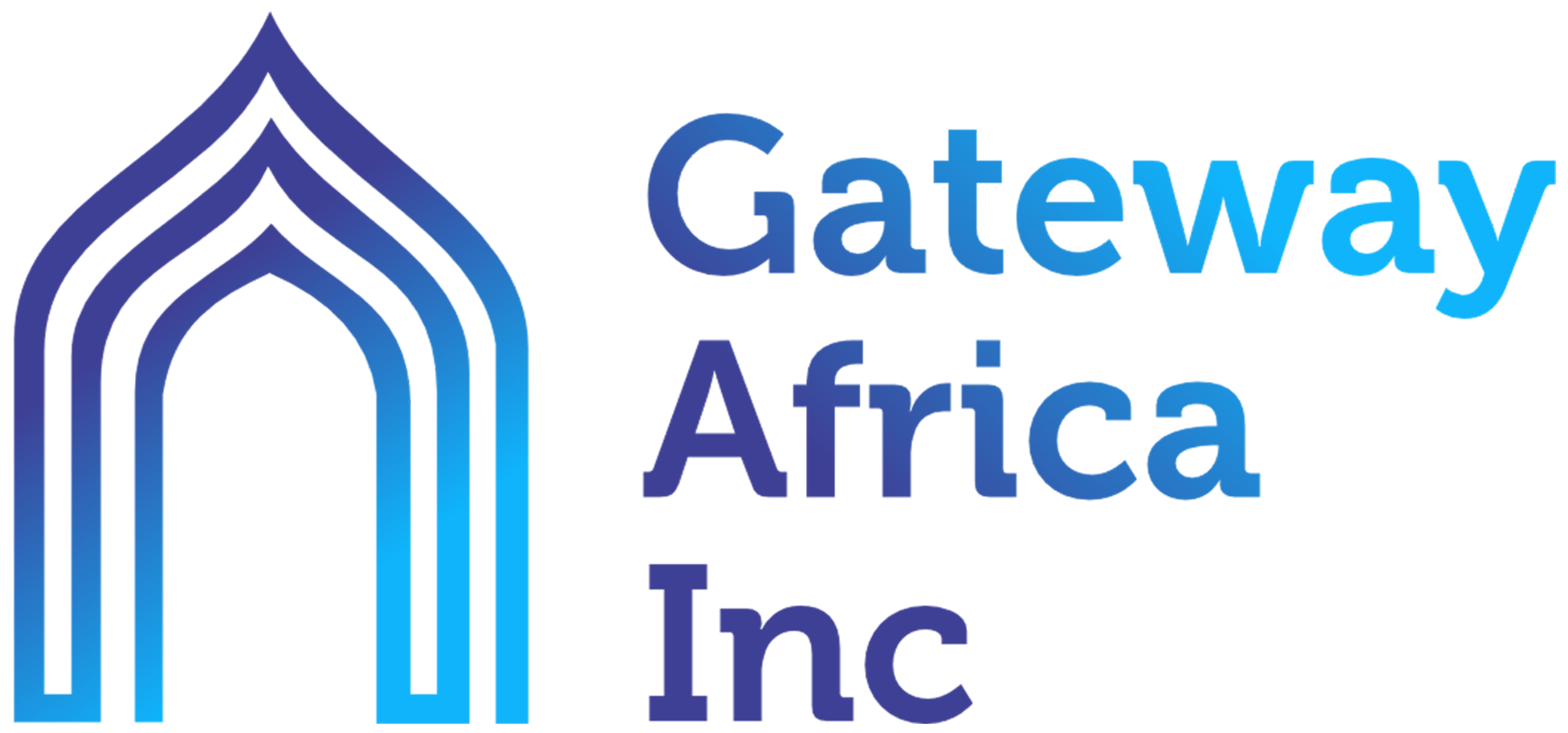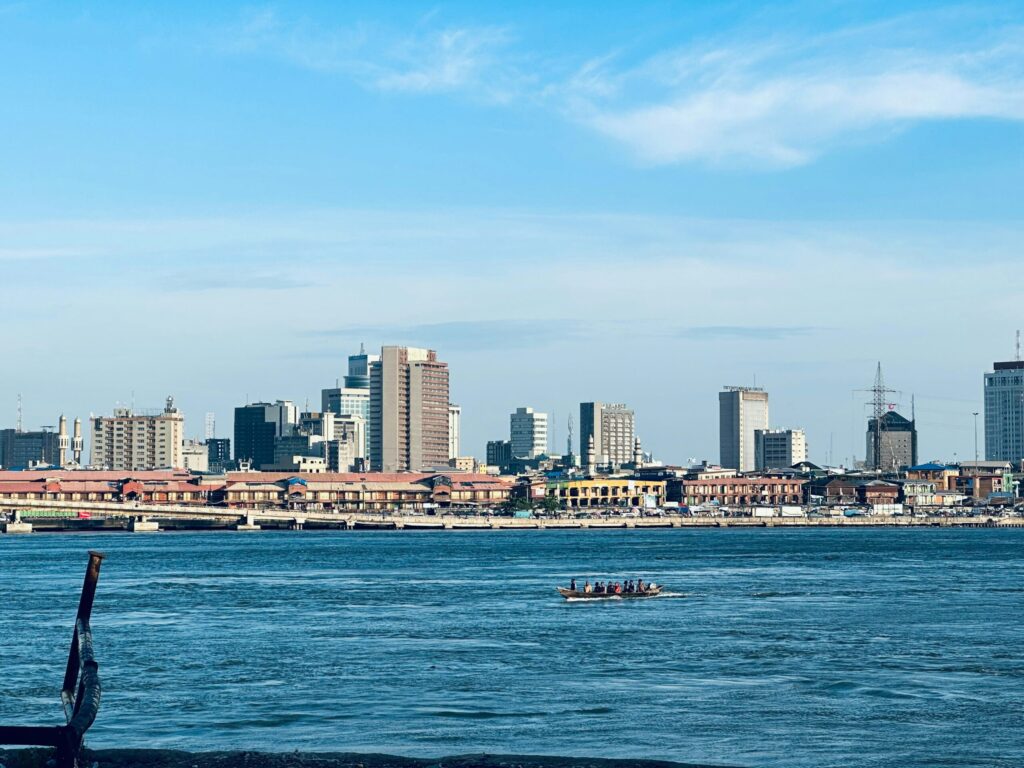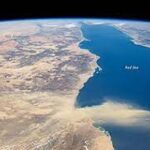Lagos, the capital and largest city of Nigeria, has a highly variable cost of living based on personal preferences, lifestyle choices, and geography. Lagos is renowned for its dynamic culture, diversified population, and busy urban environment, but compared to other Nigerian cities, it also has very expensive living costs. The following is a thorough analysis of Lagos’s cost of living in Nigerian Naira (NGN):
Accommodations:
In Lagos, rental prices for lodging can be very high, particularly in upscale neighborhoods and locations near the city center.
Depending on the size, quality, and facilities, a one-bedroom apartment on Lekki, Victoria Island, or Ikoyi can be rented for as much as ₦1,000,000 per month.
A one-bedroom apartment outside of these posh districts may cost anywhere from ₦250,00 to ₦800,000 a year in rent.
The total cost of housing may also include other costs, such as agency fees, security deposits, and utility bills (for trash disposal, water, and electricity).
Food
Depending on whether a person purchases at neighborhood markets, supermarkets, or dines out, food costs in Lagos can change.
Prices per kilogram for staple foods such as rice, beans, fruits, and vegetables range from ₦ 1000 to ₦5,000, making them reasonably priced.
While dining at mid-range restaurants can cost anywhere from ₦1,500 to ₦5,000 or more per person, eating out at neighborhood eateries or bukas (informal restaurants) can cost between ₦2500 and ₦5000 per meal.
Depending on dietary choices and eating habits, a family of four’s monthly food budget can range from ₦50,000 to ₦100,000 while cooking at home and shopping for foodstuffs at markets or supermarkets.
Transport:
Depending on the mode of transportation and the distance traveled transportation prices in Lagos can change.
Depending on the distance and route, the cost of using public transportation, such as buses (danfo), minibusses (mole), and tricycles (Keke), can range from ₦100 to ₦500 for each trip.
There are also ride-hailing services like Bolt and Uber, with prices that start at ₦2000 for short rides and go up depending on demand and distance.
Car ownership entails extra costs, including fuel (₦610 to ₦700 per liter), maintenance, insurance, and parking, all of which can have a big impact on a person’s transportation budget.
Education:
The cost of education in Lagos is determined by the kind of schooling received and the institution attended.
The annual tuition for private elementary and secondary schools in Lagos can vary from ₦100,000 to ₦5,000,000 or more, contingent upon the school’s reputation, amenities, and curriculum.
Tuition in higher education establishments, like universities and colleges, can range from ₦100,000 to ₦5,000,000 or more per year, depending on the curriculum and institution.
Recreation and Amusement:
Lagos provides a plethora of leisure and entertainment options, with costs ranging according to the activity and location.
Ticket fees for concerts, festivals, and cultural events can range from ₦5,000 to ₦100,000 or more, depending on the location and popularity of the event.
Attending movies, amusement parks, or fine dining establishments are examples of leisure pursuits that can increase costs, and their costs vary proportionally.
Overall, the cost of living in Lagos can be relatively high compared to other cities in Nigeria, particularly in terms of housing, transportation, and certain lifestyle expenses. It’s essential for residents to budget wisely and prioritize expenses based on their income and financial circumstances. Additionally, factors such as inflation, currency fluctuations, and economic conditions may impact the overall cost of living in the city.



